Mars, Texas: My Year in Simulated Space
Photo: NASA
Alumnus Ross Brockwell is living on the Red Planet—in Houston.
By Elise Cutts (BS ’19)
On June 25, structural engineer Ross Brockwell (MS ’01) stepped into a 1,700-square-foot, 3-D-printed habitat at the Johnson Space Center in Houston to start a yearlong mission for NASA. Since the doors swung closed behind him, he has been cut off from his friends and family, been bombarded with stressful tasks, and eaten a copious amount of freeze-dried astronaut food.
He could not wait to begin.
The space agency tapped Brockwell, who earned his Caltech master’s degree in aeronautics, to serve as flight engineer for the first of three planned Crew Health and Performance Exploration Analog (CHAPEA) missions. Along with three crewmates, he will spend a year inside the Mars Dune Alpha habitat coping with challenges like equipment failures and resource shortages as the team tries to accomplish its mission. Meanwhile, NASA scientists will monitor the crew’s mental and physical health to learn how to keep astronauts fit during future long-term missions to Mars.
At Mars Dune Alpha, Brockwell is effectively on another planet. His messages to the outside world are even slowed by a simulated communications delay. Caltech magazine reached Brockwell in June before he headed to Houston to ask about the mission selection process, his role as flight engineer, and what has been on his mind as he prepared for a year on “Mars.”
What made you think, “I want to do this!”
I’ve always been interested in the space program and the Mars mission in particular, and I got into structural engineering thinking I might be able to design space stations, habitats, orbiters, rockets, and things like that. That’s why I was so interested in going to Caltech, and why I got into city planning and infrastructure. I’ve always thought that community design would be a part of the space program someday.
What was the selection process like?
There was a medical, and then I went to Houston for a week or so. There were psychological evaluations and various exams, tests, and interviews. They presented us with a few mission-realistic tasks both individually and as a group, which was super cool. I mean, it was at the Johnson Space Center in Houston!
There was also a virtual reality component to this, so we got to try that out. We also took part in this expedition over the mountains in Wyoming for almost two weeks as a small group with an expedition leader and a psychologist from NASA. We did a little adventure up in the backcountry. It was amazing.
What will your responsibilities entail, and how will they differ from what you’re used to as a structural engineer?
Maintenance of the structure itself, and some of the energy and oxygen and water-cycling systems probably will be things that I’ll be expected to take the lead on. Some of the problem-solving aspects are universal, and some of the management parts are too. But I can imagine there’ll be something related to solar panels—that wouldn’t be a surprise: it’s obviously going to be a big part of a real mission. I don’t do that in my day-to-day, but it’s something I’ve always been interested in.
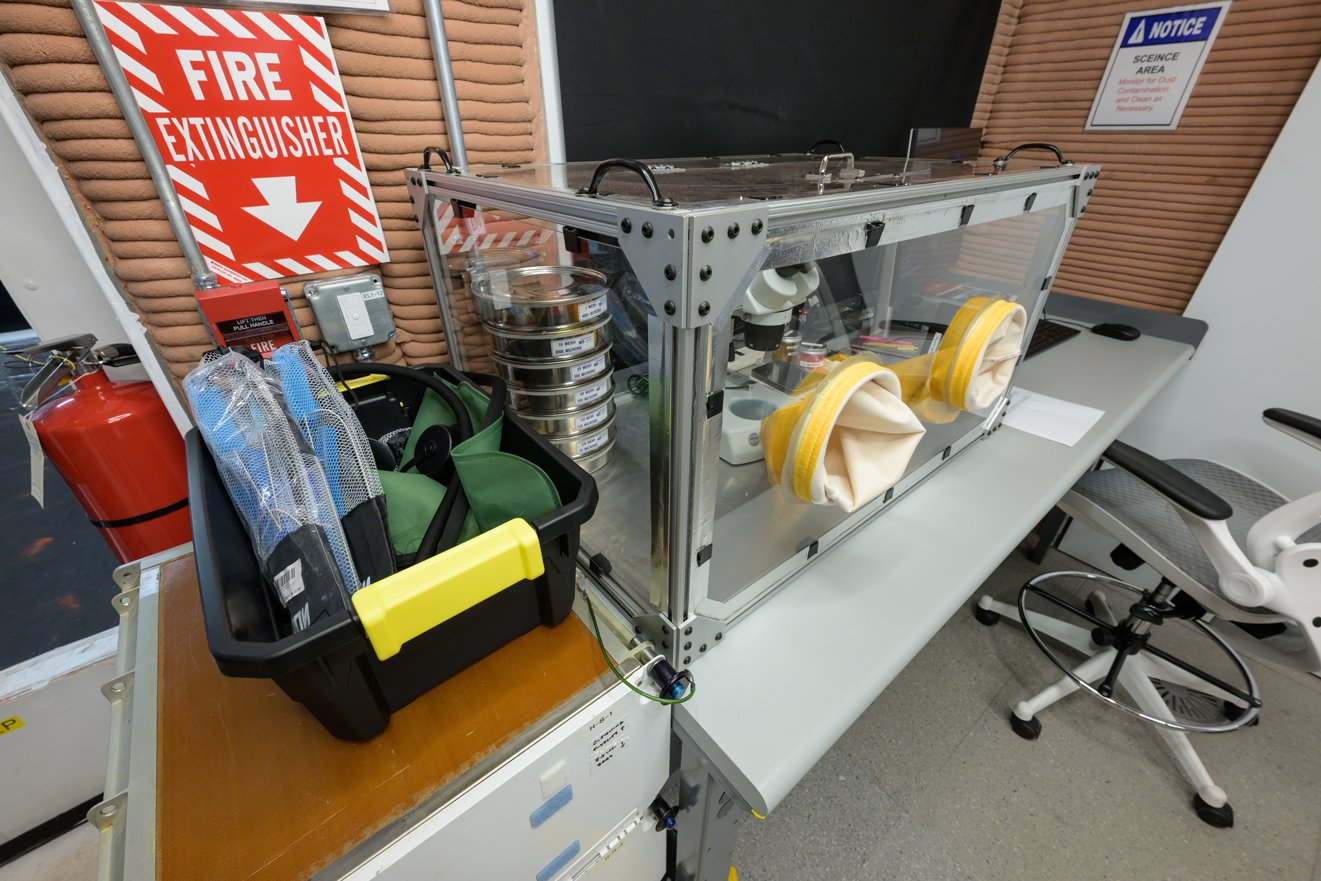
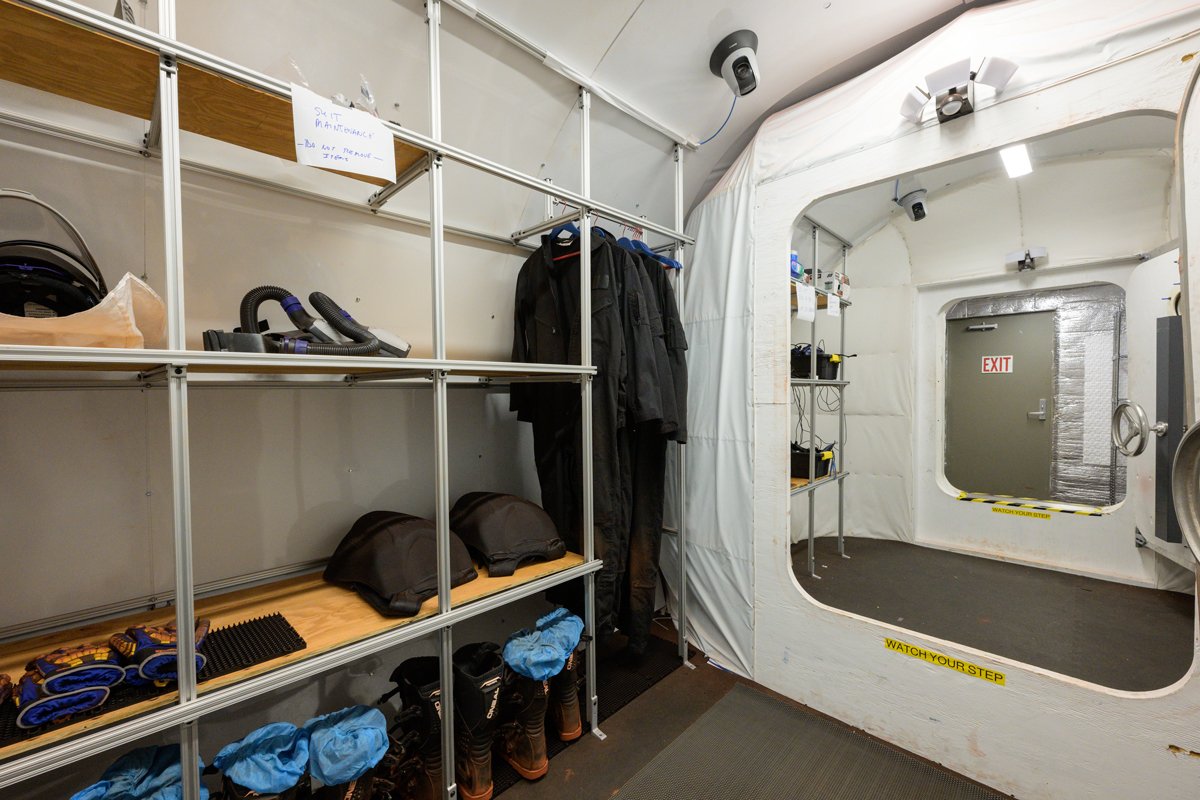
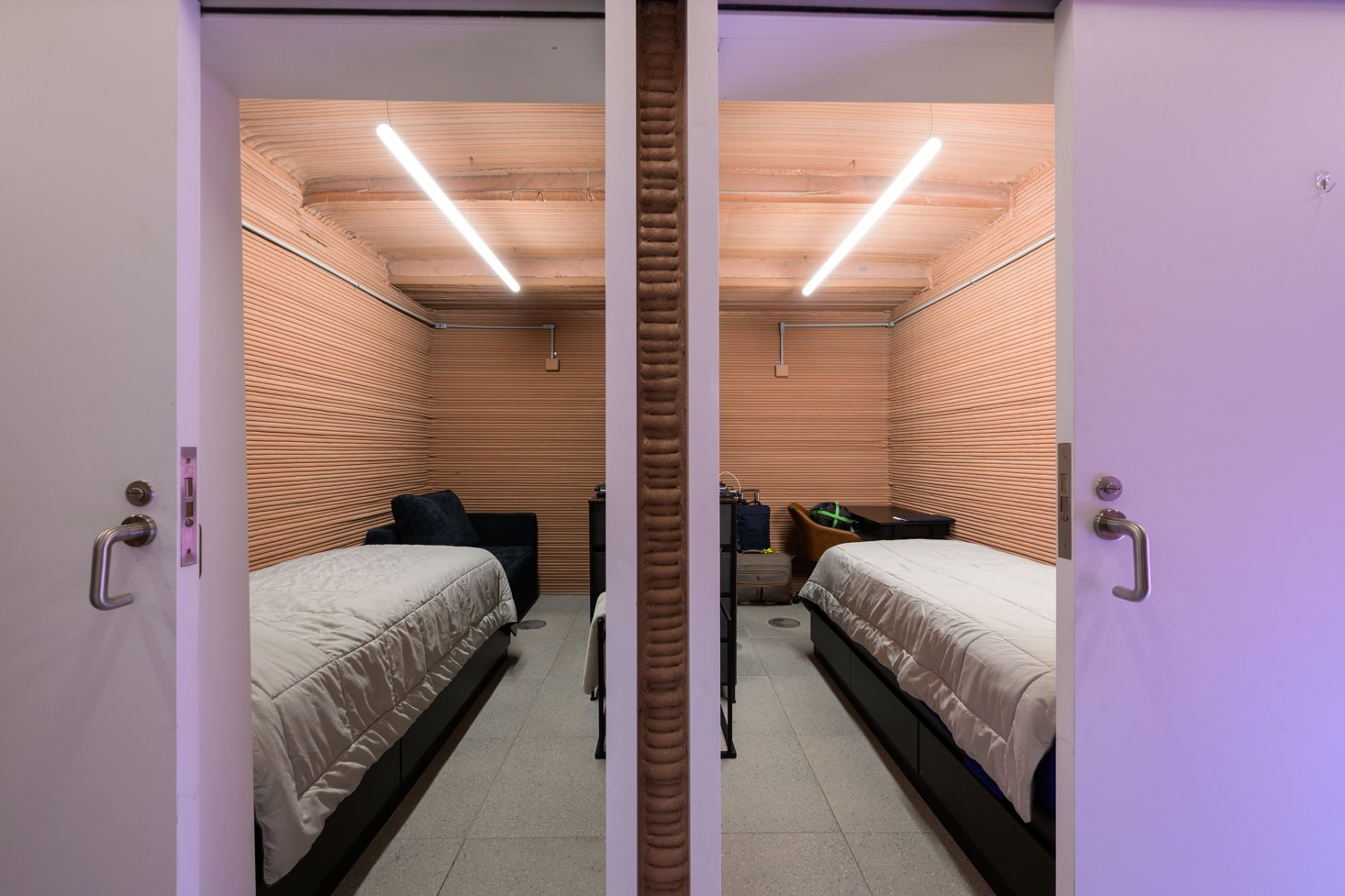
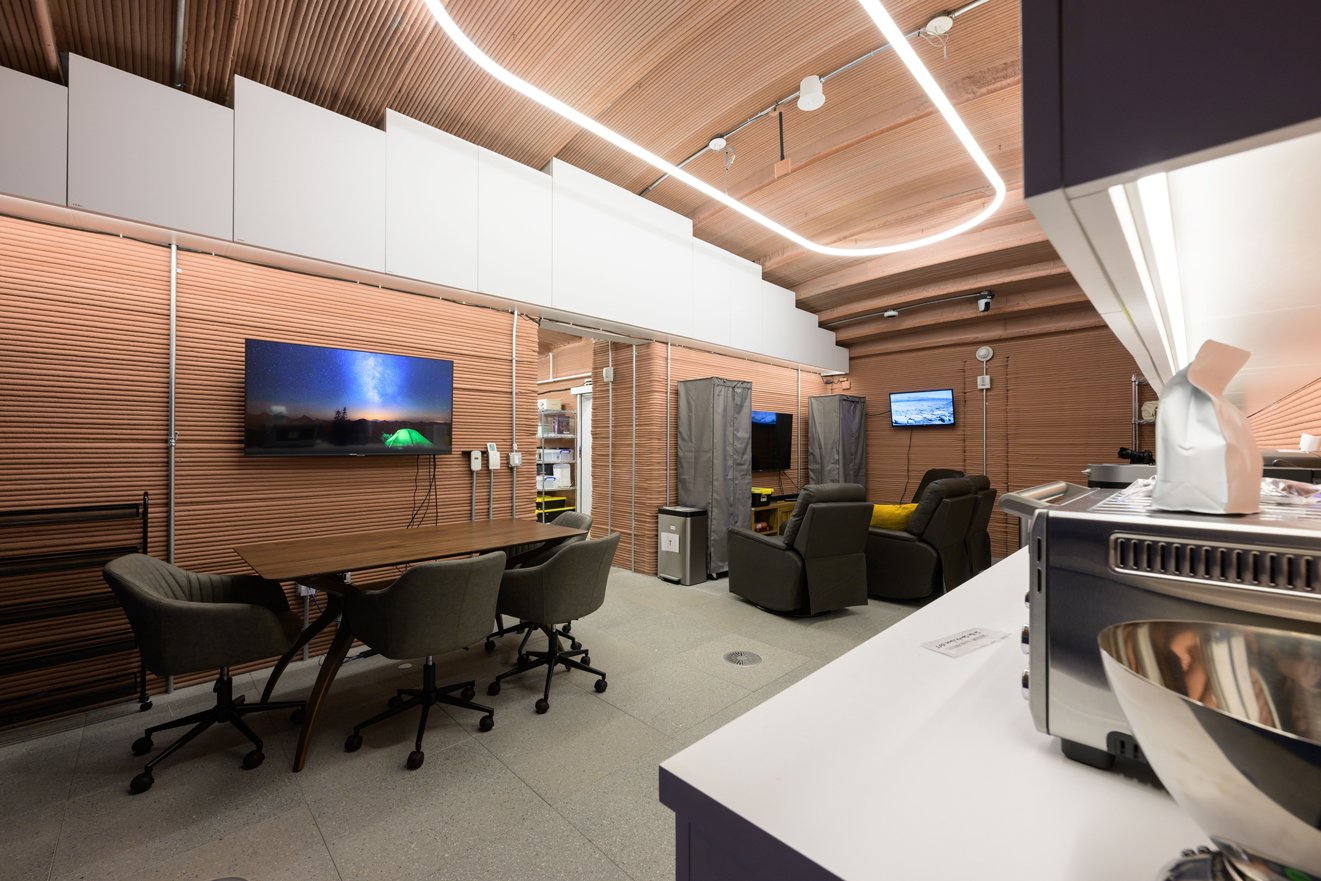
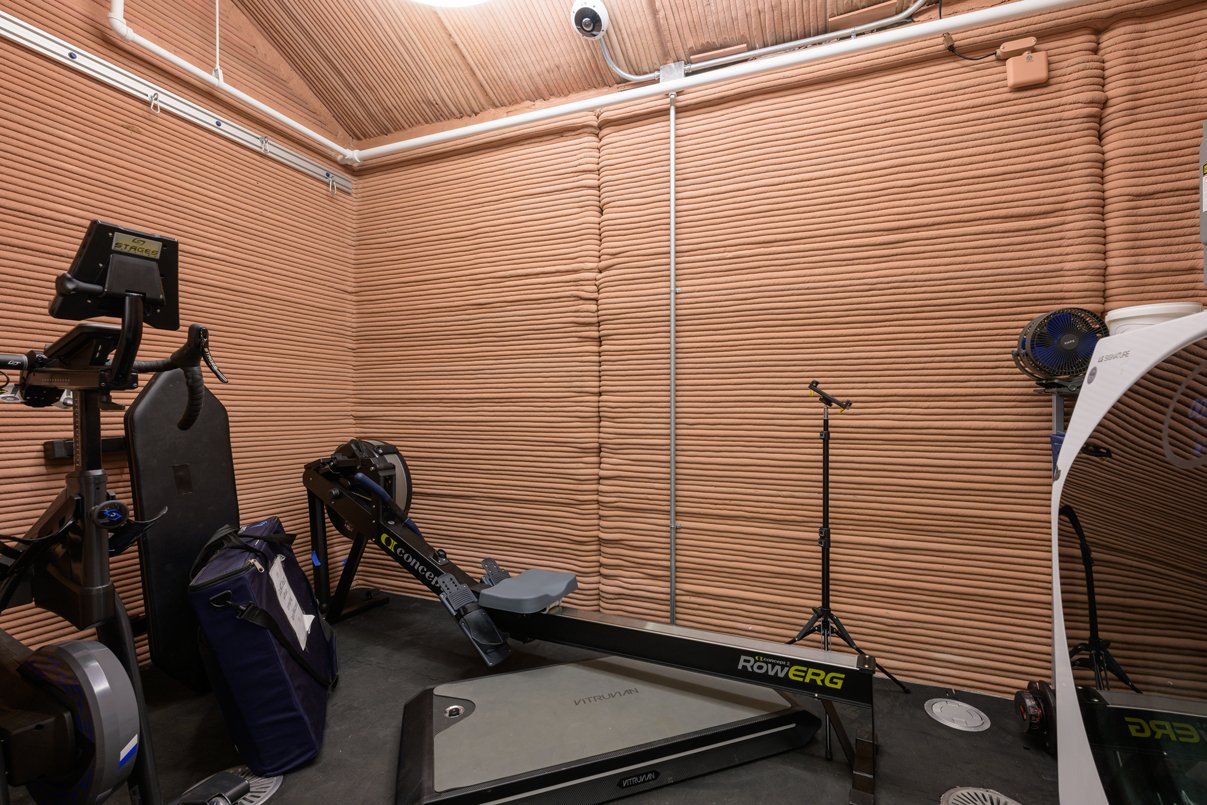
Did anything about your experience at Caltech help prepare you for this mission?
The whole experience at Caltech is incredible for someone interested in this line of work. I got to tour JPL [which Caltech manages for NASA] a couple of times and did a few things in the lab that were directly relevant. I saw facilities where they tested tiles for the space shuttle, and I did research on shock loading of metal plates, which is relevant to space missions.
It was also really fascinating to connect theory to practice. You learn that some theory applies to fluids and solids and microbes and all sorts of things—patterns emerge that math can trace. Sometimes you are faced with a problem that is an unfathomable mystery at first glance, and you somehow manage to break it down and come up with a solution that works on the other side. I hope I can tap into some of that on this mission. I can’t say enough how appreciative I am for my experience at Caltech. I hope I can do them proud.
Are you going to miss anything specific from the outside world during the mission?
I’ll miss fresh seafood for sure! I was actually just talking about that the other day. I can literally walk down the street in Virginia Beach where I live and have some of the best seafood you can get.
As the start date approaches, what’s been on your mind the most?
I would hope that this mission could help spread some excitement and build some appreciation for the value of the space program in general. There’s been some debate over it. To me, it’s so obviously important and useful and beneficial to mankind. I hope that starting to talk about the exploration of the moon and Mars will help society keep things in perspective and foster a healthy discussion about the value of these unified projects and exploration efforts. There’s sometimes a discussion as if it’s Earth versus Mars, and I really hope we can bridge that gap to where the desire to reach out into space and explore Mars only adds to the appreciation and understanding of the value of our home planet. It’s not either/or.

